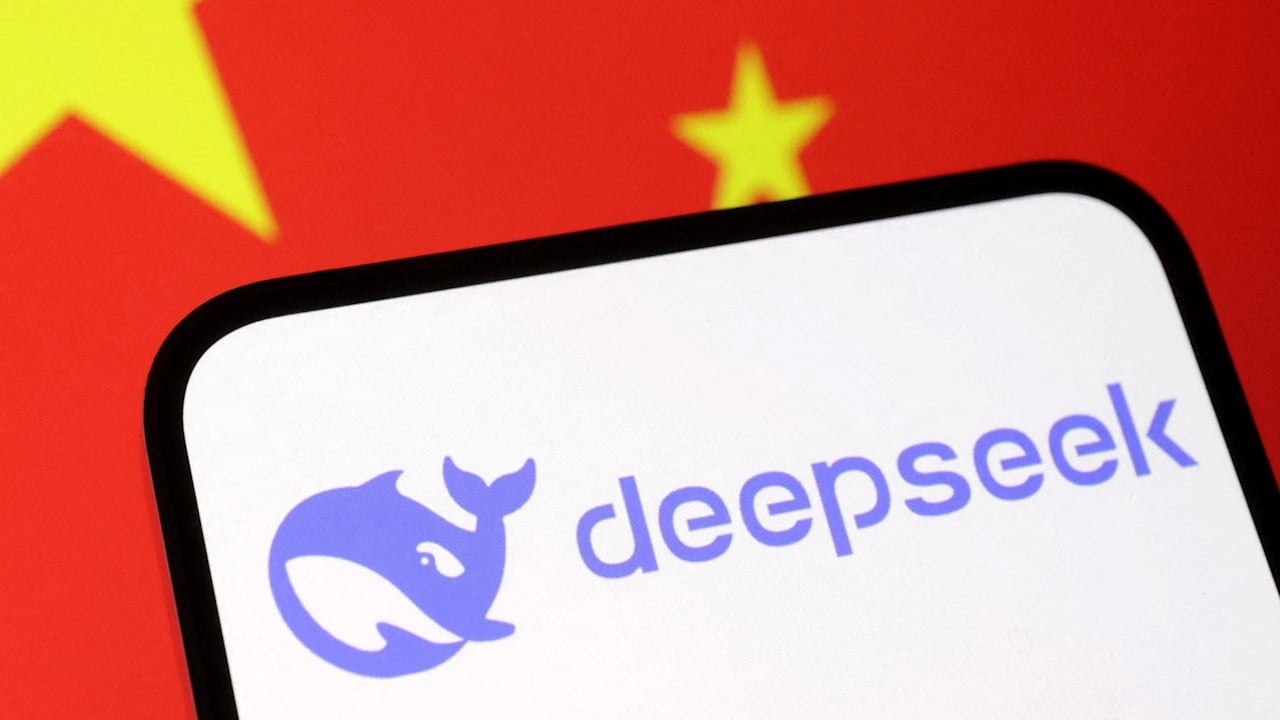Chinese stock bulls add to record buying spree in Hong Kong as DeepSeek fuels rally
The Hang Seng Tech Index has risen more than 20 per cent from its January low, fitting the definition of a technical bull market

Mainland Chinese funds bought more stocks in Hong Kong this year to add to their record buying spree in 2024, helping drive the city’s key tech gauge to a technical bull market as the success of DeepSeek’s artificial intelligence (AI) app prompted a valuation upgrade.
The funds spent HK$138 billion (US$17.7 billion) through the Stock Connect link this year through February 11, according to stock exchange data. Last year, they ploughed HK$807.9 billion into Hong Kong-listed equities, the most since the cross-border investment link was launched in 2014.
“The recovery in sentiment will propel the market further and drive the valuation expansion of the Hang Seng Index,” said Chen Ximiao, an analyst at Guotai Junan Securities in Shanghai. “Hong Kong’s market stands out for its high-quality listings and cheap valuations.”
Sentiment turned bullish last month after DeepSeek launched its cheaper AI chatbot, which outperformed OpenAI’s ChatGPT. The Hang Seng Index is now valued at 10.2 times estimated earnings, up from as low as 8 times in late 2023, making it the second-cheapest major market globally, according to Bloomberg data.
